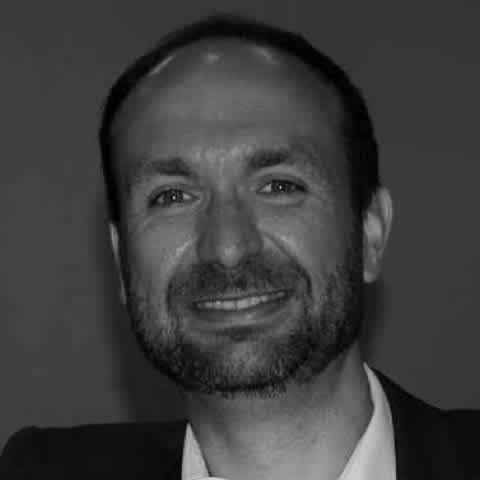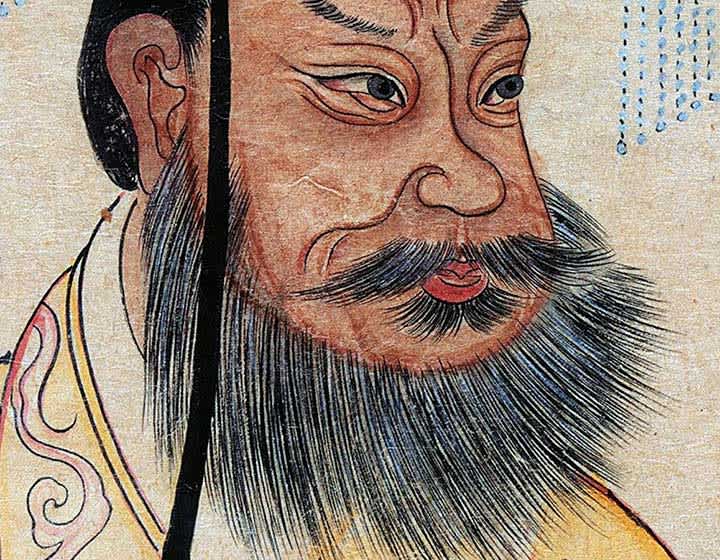One of the more intriguing aspects of Acupuncture is how the therapy gradually made its way from Chinese folk medicine, to its present day position as one of the most popular, evidence-based interventions for a whole host of ailments. Although short, this article is aimed at giving you an oversight of Acupuncture history to provide you with more information and context into the treatment to better aid your practice.
So, what is the history of Acupuncture? Fu Xi is thought to be the founder of Acupuncture, living approximately 3000 BC. However it wasn’t until 100 BC - 100 AD that the foundations of the TCM approach to Acupuncture, with Yin and Yang and Qi, came about. Since then, Acupuncture has continued to evolve into the evidence-based healthcare intervention we know today.
Read on to learn more about the history of Acupuncture. This short commentary is aimed at giving you a brief history of Acupuncture, but those looking for an in-depth exploration, should head to the Celestial Lancets: A History and Rationale of Acupuncture and Moxibustion.
The History of Acupuncture: Its Beginnings
Acupuncture is likely to have begun with whittled stone, bamboo, and fish bones, before progressing to metal probably around 400 BC, yet its prominence throughout Chinese history is irrefutably omnipresent.
Literature on the History of Acupuncture
The oldest text that focuses upon Acupuncture/Traditional Chinese Medicine (TCM) is the Huangdi Neijing, or The Yellow Emperor's Classic of internal Medicine. It is thought to have been written between 100BC-100AD, with the Yellow Emperor himself being the scribe, yet it is still present in reading lists on TCM philosophy courses today. The format is a variety of philosophical discussions between Huangdi and his medicine minister, Qi Bo. Although Huangdi is accredited with the book, it is clear throughout that Qi Bo is the true master of health, because he was supposedly trained by celestial beings.
The teachings within this time are considered to be the foundation of all understanding of the TCM approach to Acupuncture, emphasising the need to grasp the intricate nature of Yin and Yang and Qi (forces of nature which govern all things).
And yet, Huangdii isn’t thought to be the founder of Acupuncture; that crown belongs to none other than Fu Xi, who was believed to have lived 3000 BC. Further indications that Acupuncture predates the Neijing can be found in the Zuo Zhuan, which suggests Acupuncture was being applied as early as 581 BC, and another story about Bian Que in 500 BC, who apparently brought a Prince back to life through needling an Acupuncture point on the head (GV 20, Bai Hui).
In 1973, in the Mawangdui tomb excavations uncovered a range of silk texts that dated to nearly 200 BC, one of which outlined an early form of meridian lines. More tentative suggestions originate from some archaeological findings of sharp stone implements, known as Bian Shi, dating Acupuncture as early as 6000 BC. However, whether these stones were used for medicinal purposes is not without debate.
Did Acupuncture Begin in China?
Although controversial, there is evidence to suggest that Acupuncture may not have originated in China. To this day, there are tribes in isolated Brazil, Eskimos in the Northern circumpolar region and the Bantu of South Africa who break the skin with sharp implements to treat disease.
Furthermore, there is Otzi the Iceman. He was found in the Alps in 1991 by hikers, who had first thought they had found someone who had perished recently. Believed to date some 5300 years, tattoo’s on his body look very similar to meridians and known strong acupoints. It is thought that the tattoo’s were as a result of making incisions then rubbing with charcoal. Some of these points even overlap with acupoints considered to treat some of the ailments Otzi was suffering from.
What we do know, however, amongst fanciful tales of Semifers, immortal beings and a mummy, is that Acupuncture was considered an intervention of utmost importance in China, so much so that successive dynasties from the 11th to 16th century insisted upon expert Acupuncture clinicians within their courts, and set up teaching schools devoted to Acupuncture. Regardless of the mechanism at play, it is clear that the ritual of Acupuncture was beneficial to health.
How Acupuncture Evolved Over Time
It became unfashionable from 1600-1800s to use Acupuncture, with herbal medicine taking the reigns as the top alternative intervention, which was further exacerbated by Emperor Dao Guang denouncing its use in the Royal Court.
During the Republic of China years 1912-1949, Acupuncture was completely outlawed, but by 1949, it returned with the installation of chairman Mao to power (for two purported reasons; one, to elicit an air of mystique, and second, a cheap way to provide public health strategies).
One recurrent theme throughout the colourful history of Acupuncture, though, is that it evolved. Although this may seem a trivial fact to raise, this is extremely important for contemporary Acupuncture practice. Every Grand Master built upon previous knowledge and added their own observations, and thus changed how people thought about Acupuncture.
To those who devote their practice to traditional concepts of Yin, Yang, Qi and meridians, we would argue that by not acknowledging scientific findings on how Acupuncture works, is paradoxically NOT practising as the early practitioners would. However, to those who pour scorn on Acupuncture because off its roots in a primitive understanding of health, we point towards the development of Acupuncture as something which shows it has stood the test of time, transcending cultures, philosophies and every change in belief of how we should approach healthcare.
Meridians may or may not exist, but understanding the context of Acupuncture enables clinicians and researchers to appreciate its rich history in healthcare.
Acupuncture in the Modern Day
In the modern day, Acupuncture is an evidence-based, legitimate healthcare intervention, accepted by both medical professionals and the wider community alike as a result of heavy investigation into its efficacy and the physiologic basis behind it.
To date, studies support the use of Acupuncture in the treatment of a number of conditions, such as lower back pain and other musculoskeletal problems, and possibly also such psychological conditions as anxiety, depression and addiction. It is thought that this is achieved by affecting nerve signalling, influencing the release of various hormones such as endorphins, ACTH and cortisol.

